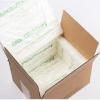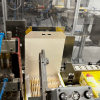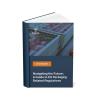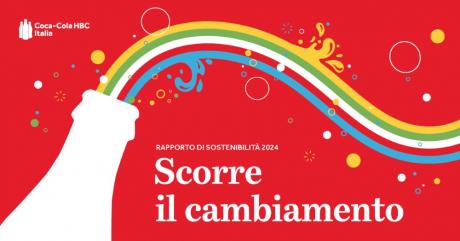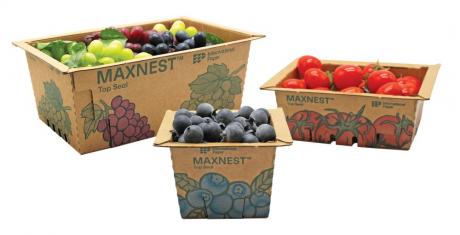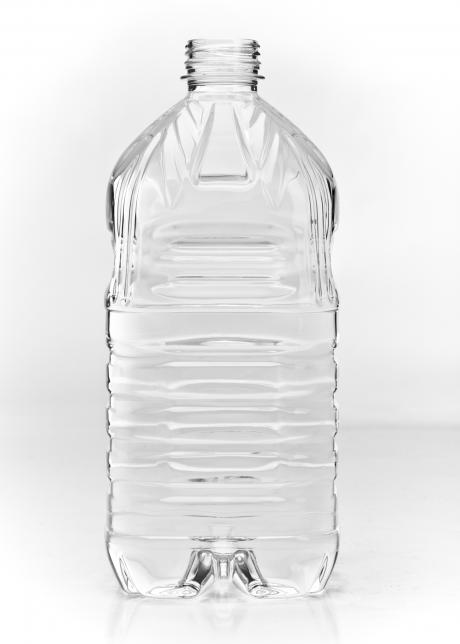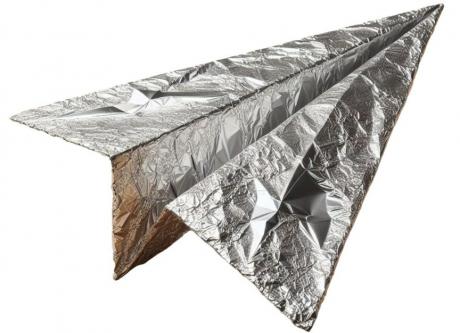By the year 2022, the Swedish multinational has achieved important milestones, reducing its operational greenhouse gas (GHG) emissions by 39%, while 84% of the electricity used comes from renewable sources. This puts the company on track to achieve zero emissions for its operations by 2030. In addition, the sale of 8.8 billion packs made from plant-based materials and 11.9 billion caps also from plant-based sources resulted in a saving of 131 tonnes of CO2.
In order to accelerate the collection and recycling of beverage cartons, Tetra Pak invests, on a global scale, about 40 million Euro per year. This has contributed to the recycling of 1.2 million tonnes of cartons in 2022, with an even more ambitious target for the future: together with partners in the Alliance for Beverage Cartons and the Environment (Ace), Tetra Pak has shared the goal of increasing the recycling rate of this type of carton to 70% within the European Union by 2030.
"The packaging industry, and beverage cartons in particular, is called upon to play a crucial role in today's and tomorrow's challenges of environmental sustainability and food security: to contribute to sustainably feeding a growing population while protecting the planet. As a leading company in food processing and packaging solutions, we are responding to this challenge by committing ourselves daily to support our partners and customers in streamlining their supply chains, making sustainable innovation the hallmark of our work in the food supply chain," commented Paolo Maggi, President Tetra Pak South Europe.


